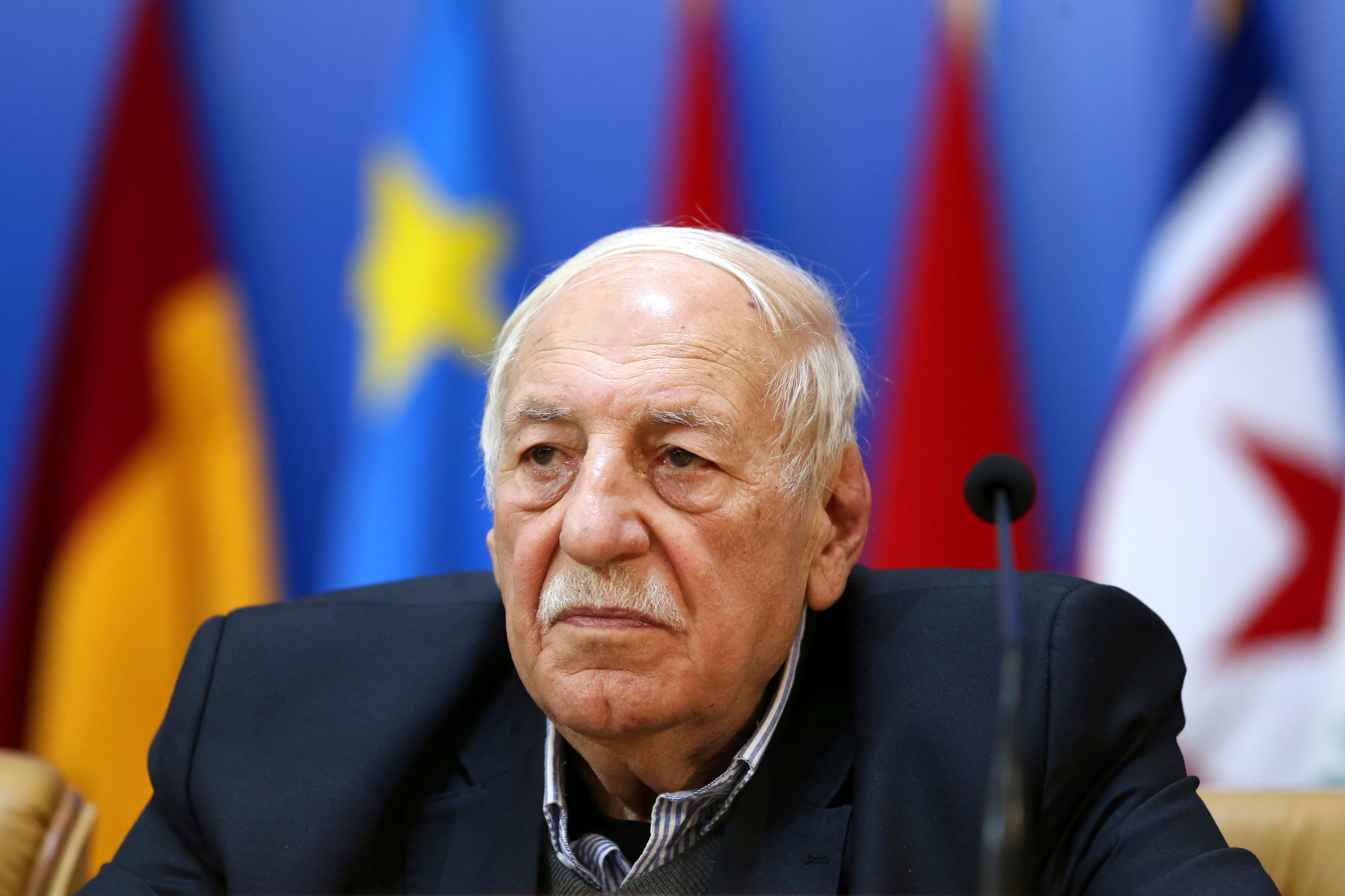Syria-based breakaway Palestinian faction elects new leader
A breakaway Palestinian faction that carried out headline-grabbing attacks against Israel in the 1970s and 1980s has named a new leader

Your support helps us to tell the story
From reproductive rights to climate change to Big Tech, The Independent is on the ground when the story is developing. Whether it's investigating the financials of Elon Musk's pro-Trump PAC or producing our latest documentary, 'The A Word', which shines a light on the American women fighting for reproductive rights, we know how important it is to parse out the facts from the messaging.
At such a critical moment in US history, we need reporters on the ground. Your donation allows us to keep sending journalists to speak to both sides of the story.
The Independent is trusted by Americans across the entire political spectrum. And unlike many other quality news outlets, we choose not to lock Americans out of our reporting and analysis with paywalls. We believe quality journalism should be available to everyone, paid for by those who can afford it.
Your support makes all the difference.A breakaway Palestinian faction that carried out headline-grabbing attacks against Israel in the 1970s and 1980s has named a veteran new leader after its longtime founder died, the group said Sunday.
The Popular Front for the Liberation of Palestine-General Command said Talal Naji, was elected during a meeting in Damascus He will replace Ahmed Jibril, who died on July 7 after being sick for months.
Naji was born in Nazareth in British-ruled Palestine in 1946. He studied in Syrian schools and joined the ranks of the Palestinian Liberation Front faction in 1962 before later joining the PFLP-GC.
Naji, who had lost an arm and an eye in a grenade explosion reportedly while training, had been the deputy chief of the PFLP-GC since 1973. He obtained a doctorate in political science from Moscow in 1984.
Khaled Jibril, the son of the late leader, was named as his deputy.
The PFLP-GC became known for dramatic attacks against Israel, including the hijacking an El Al jetliner in 1968 and the machine gunning of another airliner at Zurich airport in 1969. In 1970, it planted a bomb on a Swissair jet that blew up on a flight from Zurich to Tel Aviv killing all 47 on aboard.
The Damascus-based group also carried out attacks against Israel from its bases in Lebanon
During Israel’s invasion of Lebanon, the PFLP-GC captured three Israeli soldiers and negotiated their release in exchange for more than 1,100 mostly Palestinian, Lebanese and Syrian prisoners in 1985.
Among those released in the exchange was Kozo Okamoto, a member of the Japanese Red Army who took part in the 1972 shooting at Ben Gurion airport in Tel Aviv, Israel, that killed 24 people. Okamoto lives in Lebanon where he was granted political asylum decades ago.
One dramatic attack in 1987 was carried out by two of his fighters who crossed from Lebanon into Israel on hang-gliders and killed six Israeli soldiers. The attack was considered as one of the triggers for the first intifada.
The group is considered a terrorist organization by the United States and other Western countries.
Subscribe to Independent Premium to bookmark this article
Want to bookmark your favourite articles and stories to read or reference later? Start your Independent Premium subscription today.